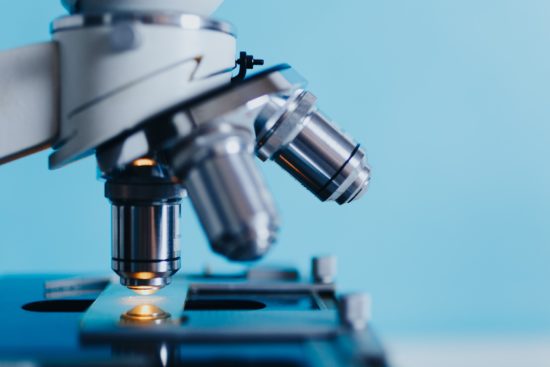Abnormal bacterial cell growth associated with antimicrobial resistance
Abnormal bacterial cell growth associated with antimicrobial resistance, Scientists at the University of Surrey have identified mutations in genes in the Escherichia coli (E. coli) model that can help explain the form of antibiotic resistance (AMR) known as persistence.
By publishing their results in the well-known PNAS journal, scientists have identified mutations in the ydcI gene that cause an increase in the number of bacterial cells that are known to be persistent.
AMR NEWS
Your Biweekly Source for Global AMR Insights!
Stay informed with the essential newsletter that brings together all the latest One Health news on antimicrobial resistance. Delivered straight to your inbox every two weeks, AMR NEWS provides a curated selection of international insights, key publications, and the latest updates in the fight against AMR.
Don’t miss out on staying ahead in the global AMR movement—subscribe now!







